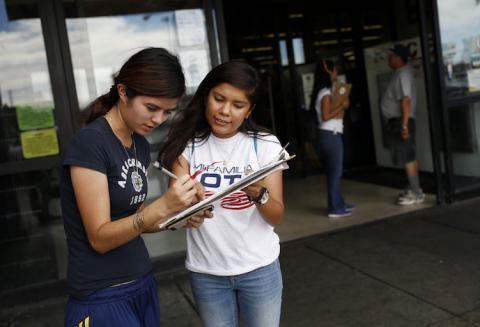Harry Belafonte: What Do We Have to Lose? Everything
The New York Times

What old men know, too, is that all that is gained can be lost. Lost just as the liberation that the Civil War and Emancipation brought was squandered after Reconstruction, by a white America grown morally weary, or bent on revenge.









Spread the word